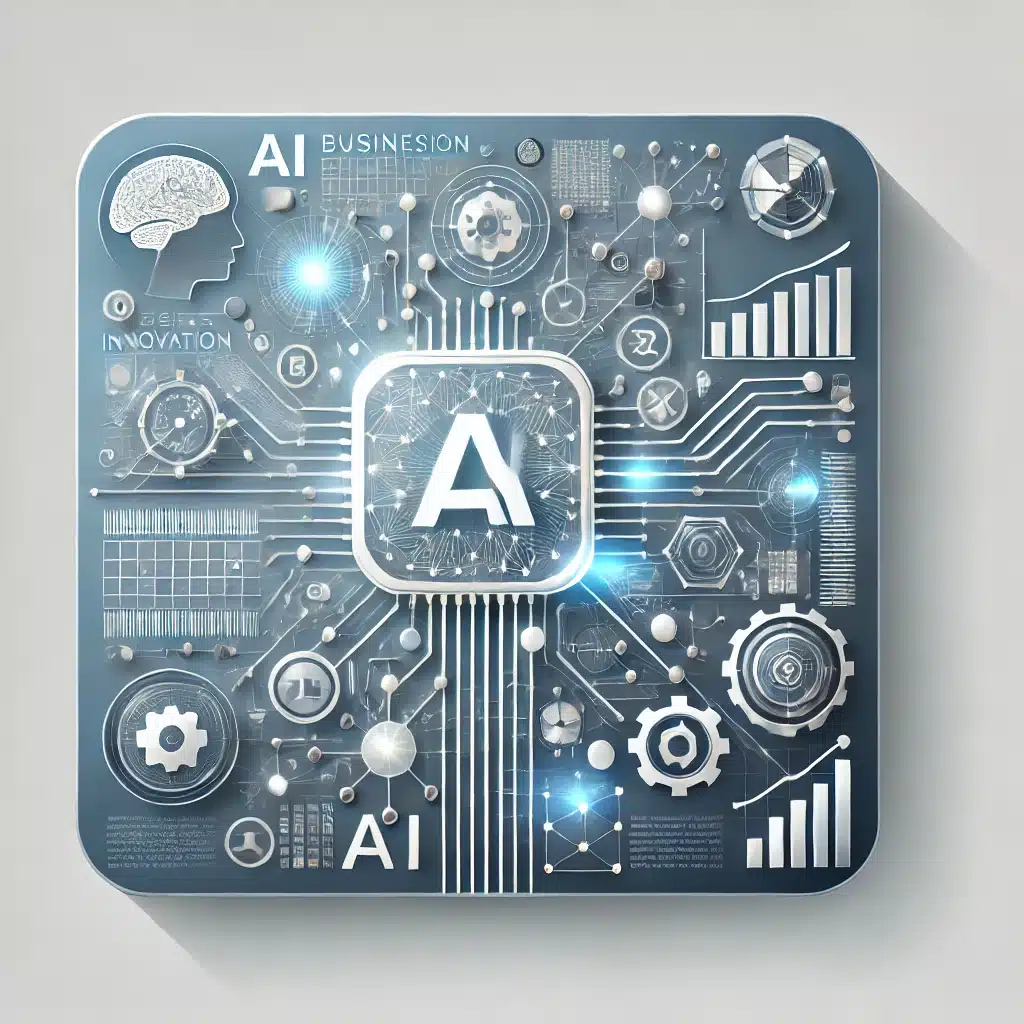The Importance of AI Readiness for Businesses
Artificial Intelligence (AI) is transforming industries, making AI readiness crucial for businesses. Despite the integration challenges, prioritizing AI readiness ensures competitive advantage. According to Integration Impasse, organizations are under immense pressure to adopt AI technologies without waiting for complete data integration.
Challenges to AI Integration
AI deployment presents several challenges, especially in data integration and transformation. As Integration Impasse points out, CIOs struggle with eliminating data silos, which hampers AI’s effectiveness. Nonetheless, businesses can’t afford to delay AI adoption since competitors deploying AI faster may gain significant advantages.
Conflicting Priorities
CIOs are torn between massive data transformation projects and rapid AI deployments. These two goals often conflict, yet both are essential for modern enterprises. Many organizations face prolonged projects, as highlighted in Integration Impasse, which delay the benefits of AI.
Benefits of AI-Powered Business Intelligence
To circumvent these challenges, AI-powered Business Intelligence (BI) can be a viable solution. A modern BI platform integrates data effortlessly, providing critical insights. In Integration Impasse, it’s suggested that contextual BI delivers 80% of the value of full data integration at a fraction of the cost. This approach allows companies to innovate while managing transition complexities.
Contextual Intelligence for Immediate Insights
Contextual intelligence plays a pivotal role in modern BI. For example, a sales representative can access relevant customer data seamlessly. This facilitates quicker decision-making and enhances productivity. Employing generative AI further deepens these insights, making data more actionable, as discussed in Integration Impasse.
AI in Robotics: A Step Forward
The advancements in AI are not confined to data. Robotics also benefit significantly from AI integration. As seen in Humanoid Robot Unveiled by Service Robot Maker, Pudu Robotics developed a semi-humanoid robot, showcasing the potential of AI in handling complex tasks.
Capabilities of Semi-Humanoid Robots
These semi-humanoid robots combine advanced mobility and dexterity, enabling them to perform diverse tasks. The technology employed allows continuous learning and refinement of operations. Companies can thus tackle operational challenges effectively through such AI-powered robotics, as discussed in Humanoid Robot Unveiled by Service Robot Maker.
AI Readiness: A Business Imperative
Ultimately, Artificial intelligence readiness is a business imperative. Despite integration challenges, the benefits of AI are substantial. By leveraging modern BI and contextual intelligence, businesses can navigate the complexities of data and AI integration. Moreover, advancements in AI robotics further illustrate the transformative potential of AI.
Conclusion
Therefore, businesses must prioritize AI readiness. While integration challenges exist, flexible approaches and innovative solutions can bridge the gap. As a result, companies can harness the full potential of AI, ensuring growth, innovation, and competitiveness in an AI-driven world.



